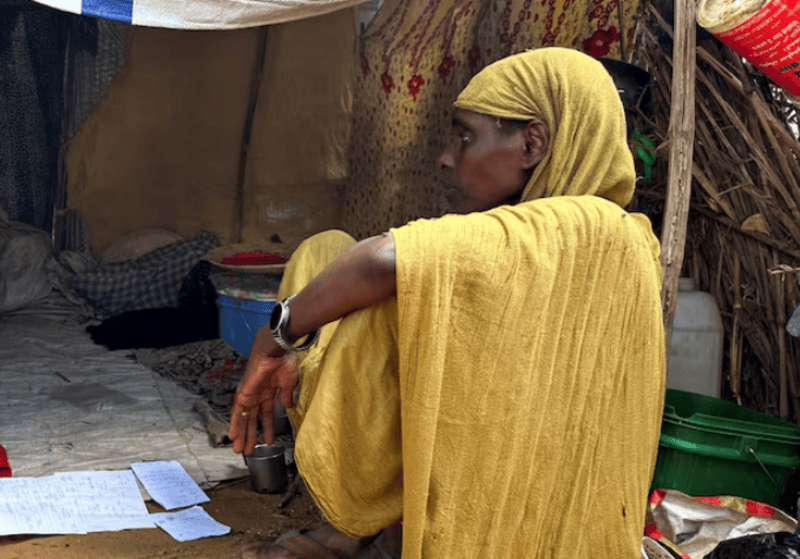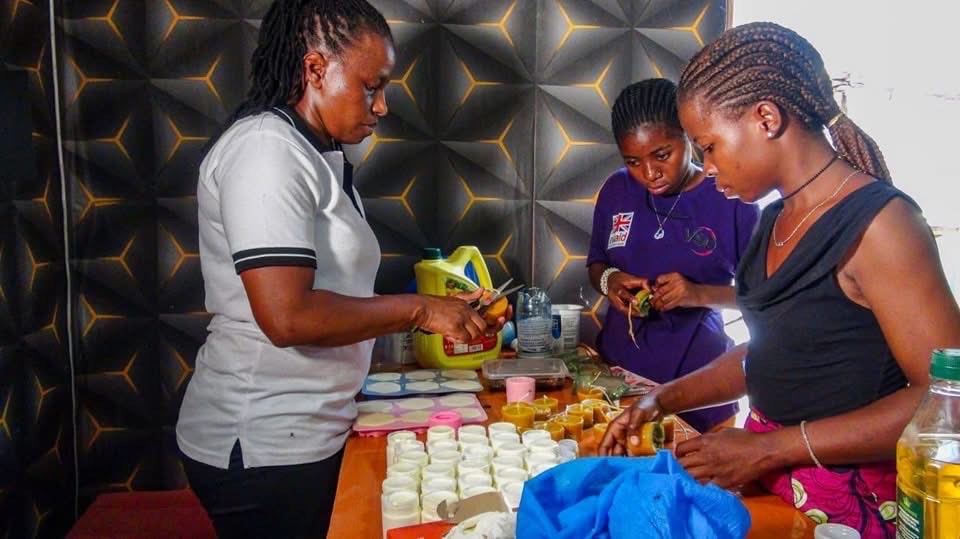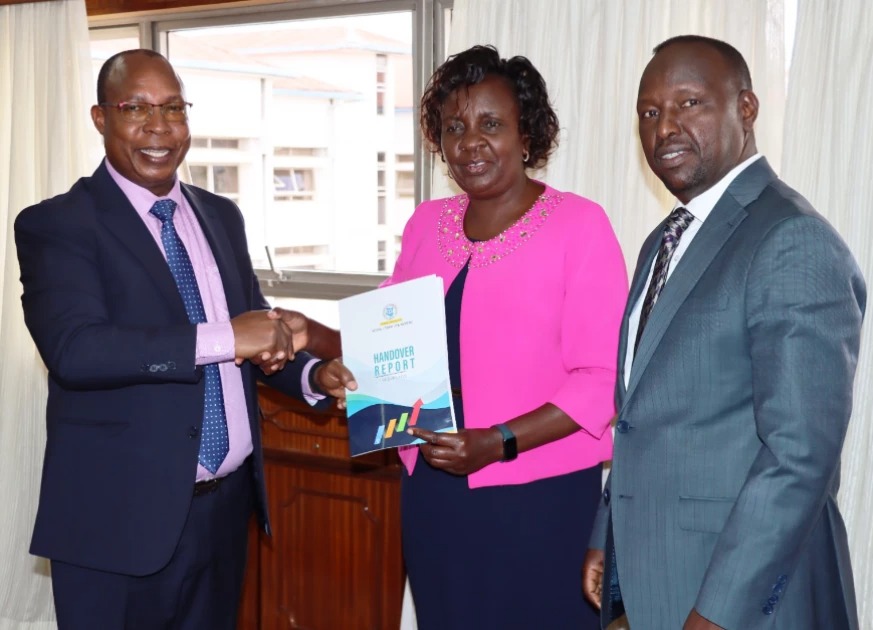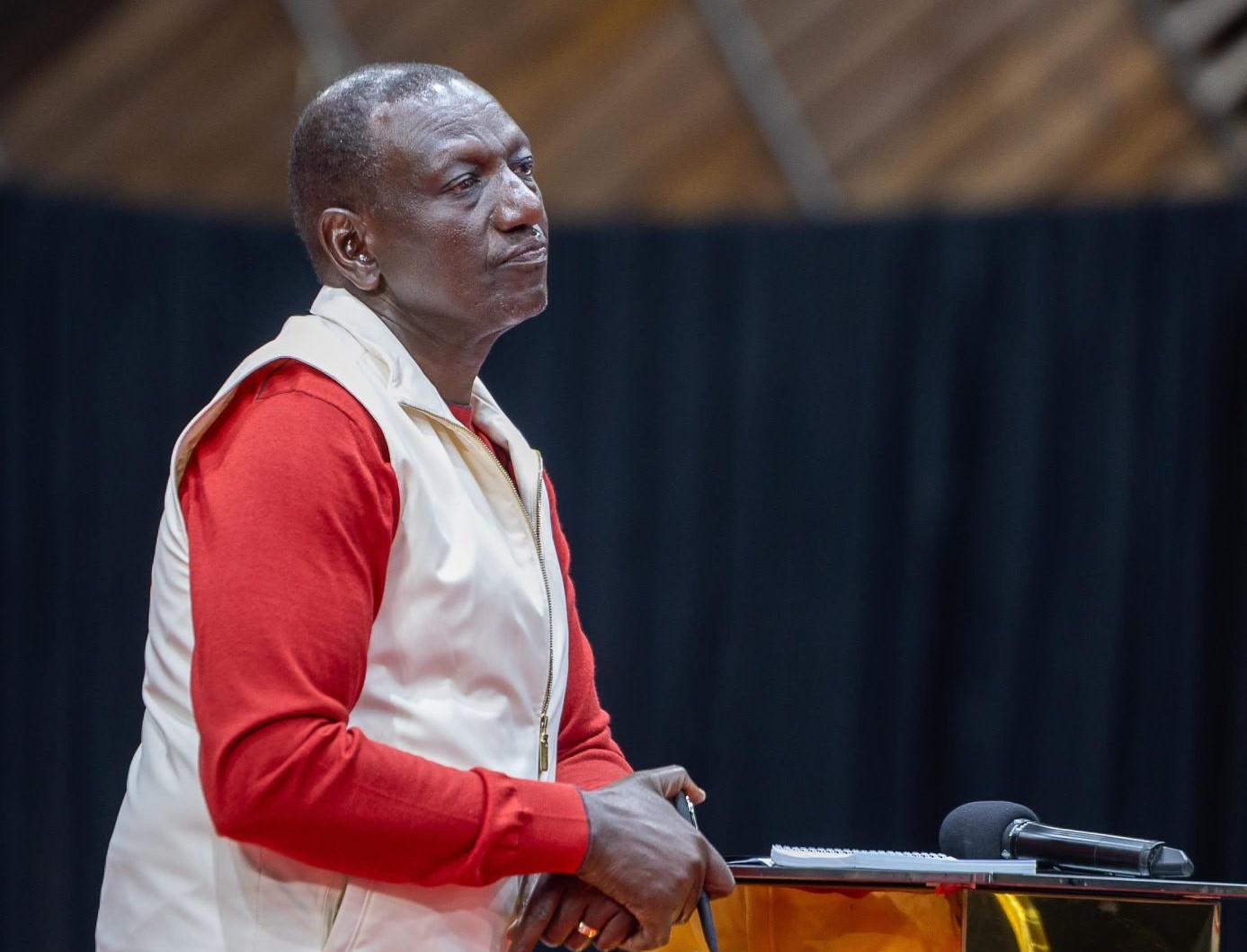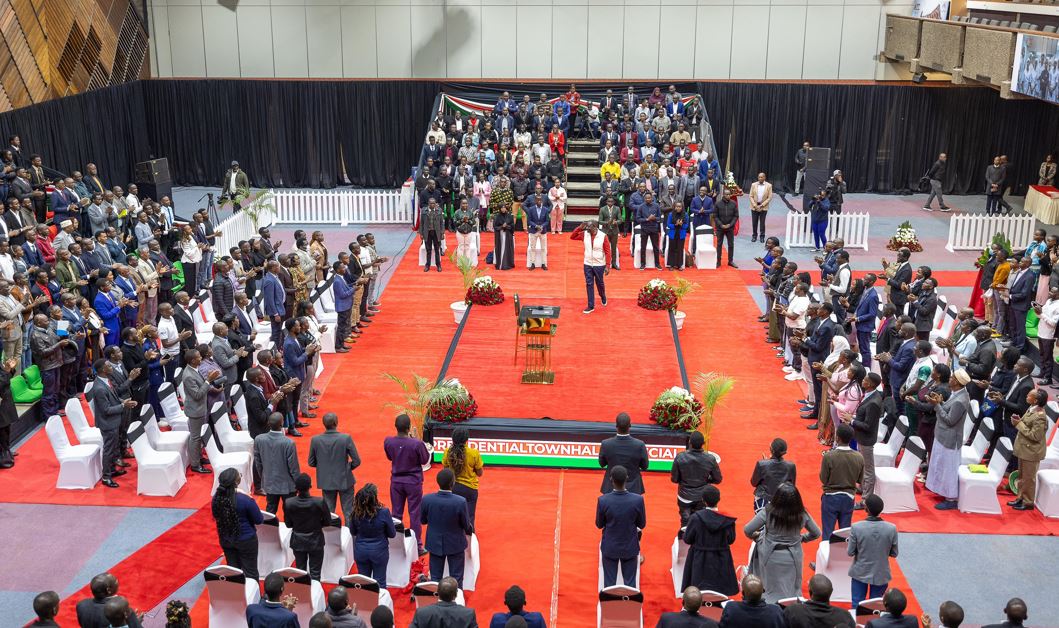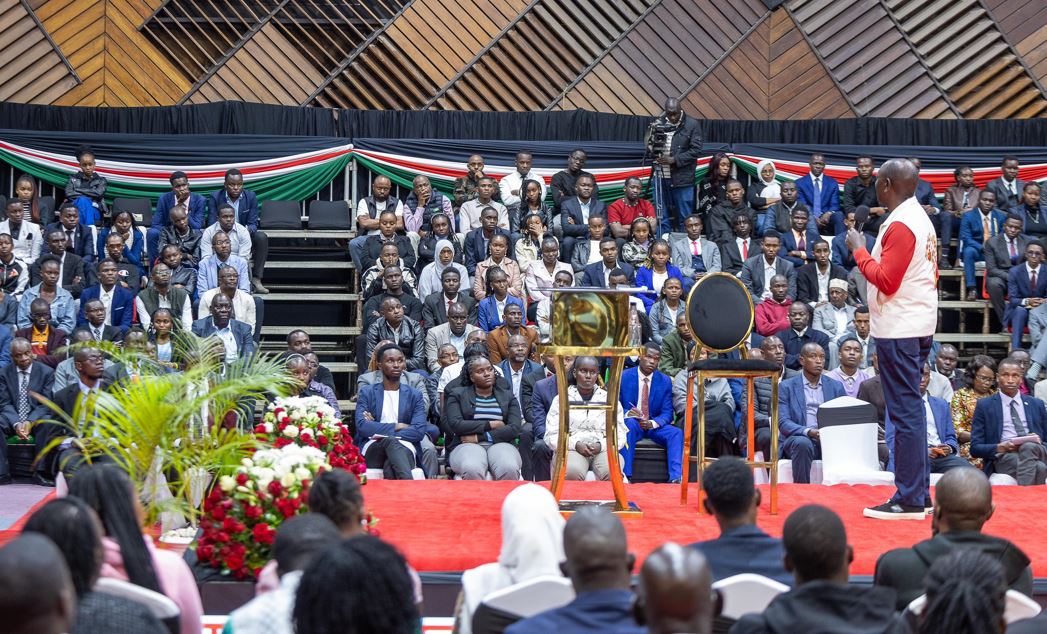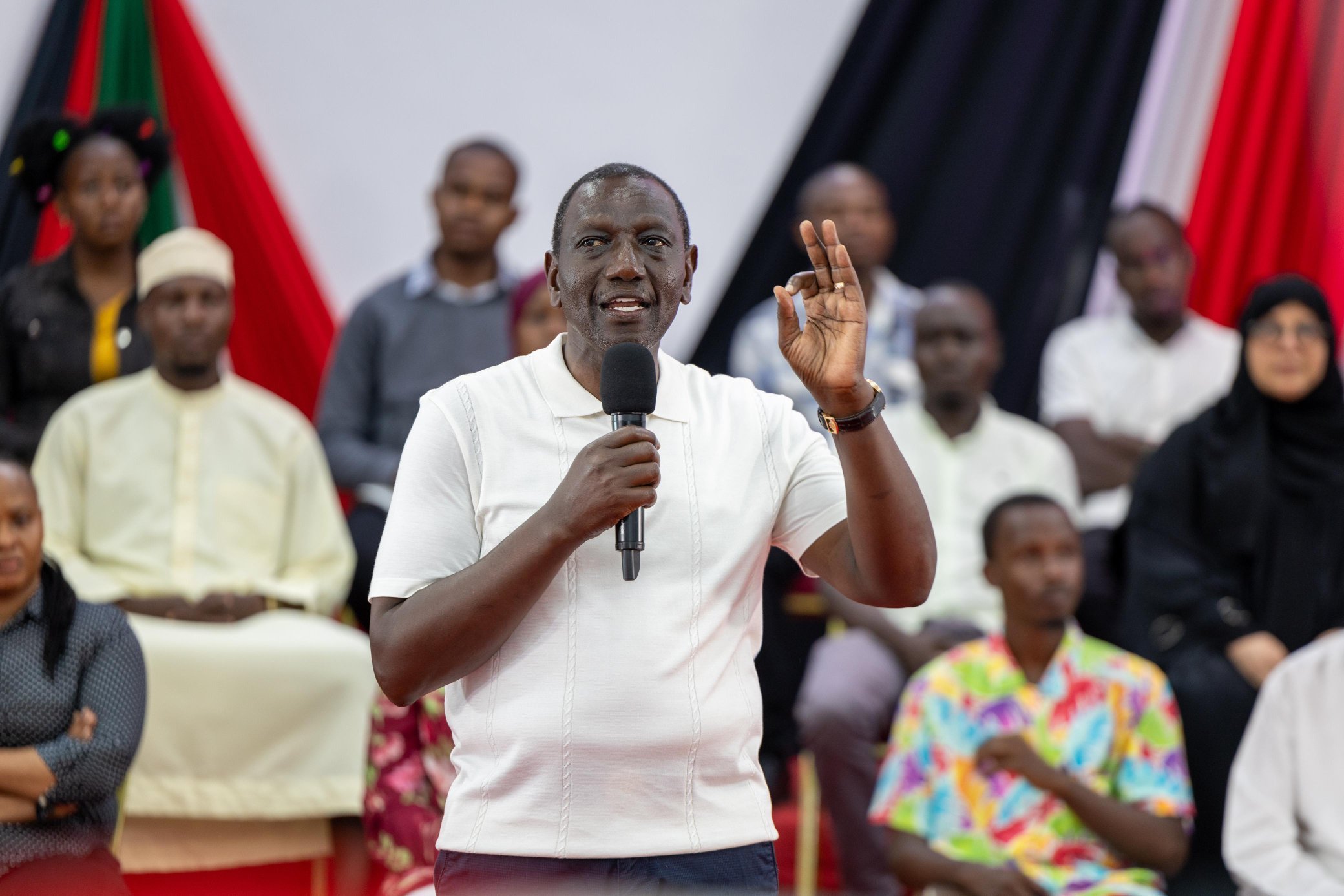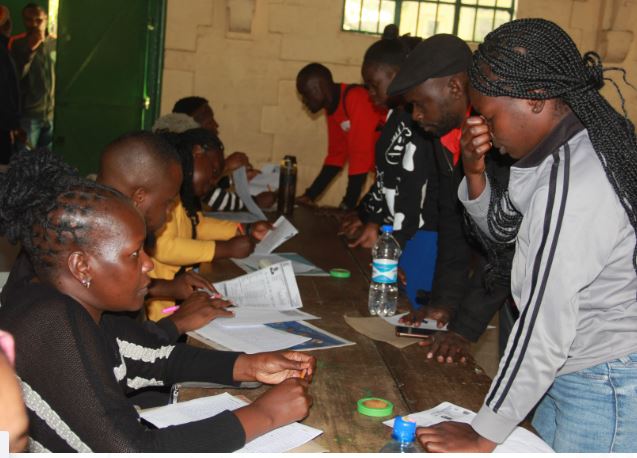Over 12,000 KCSE graduates appeal new higher education funding categories
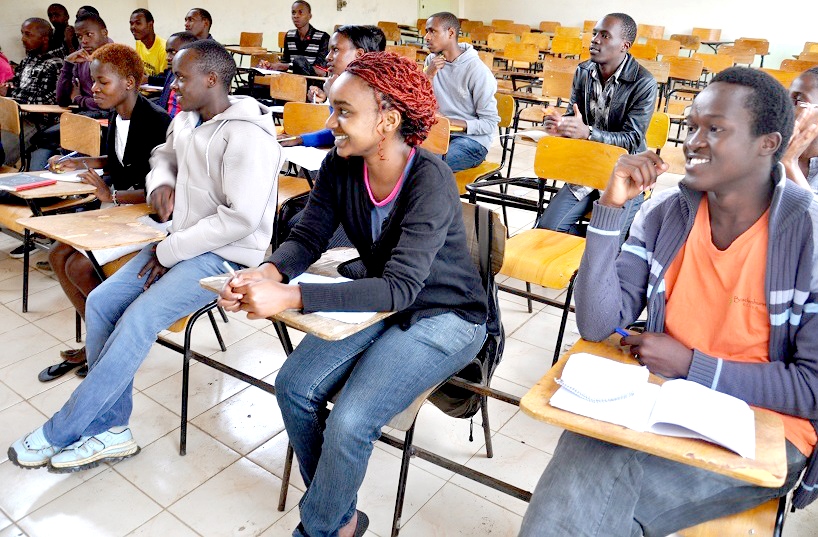
By Waweru Wairimu |
Government officials argued that their categorisation was the result of disinformation or a failure to give proof to demonstrate their need for State aid.
More than 12,000 of last year's KCSE cohorts have filed complaints about discriminatory categorisation under the new Higher Education Funding scheme.
According to Ministry of Education Cabinet Secretary Julius Ogamba, 127, 591 of the 134, 049 applications filed so far have been classed, and a total of 12,958 appeals have been submitted through the Higher Education Funding portal.
Keep reading
- Pressure mounts on state as civil society group calls for disbandment of varsity funding team
- MPs grill Education CS Ogamba over flaws in university funding system
- State sets up committees to review varsity funding model as student leaders call off strike
- University students to stage nationwide protests on Monday over new funding model
Many of the students who filed appeals stated that their families had low incomes, and sick relatives, with their secondary education fully financed by sponsors, and that placing them in the wrong category would jeopardise their educational goals.
Government officials argued that their categorisation was the result of disinformation or a failure to give proof to demonstrate their need for State aid.
According to University Fund CEO Geoffrey Monari, the appeals will be assessed continuously, and students will receive responses three weeks after submission.
He stated that the affected students must offer fresh information that was not captured during the application while filing a complaint.
Monari stated that they will also consult with chiefs and their assistants to determine whether the new information supplied in the appeals was accurate so that proper categorisation can be completed.
"The students will get feedback three weeks after making an appeal for re-banding," he said.
The system has recently come under fire, with some Kenyans even pursuing legal action. It divides students into five bands depending on home income and aims to ensure that students from disadvantaged homes receive the most government help.
Band 1 students come from families who earn less than Sh5995 a month, and the government will fund 95 per cent of their tuition, with the student receiving an additional Sh60,000 upkeep allowance and their families contributing the remaining five per cent.
Band 2 students are from homes that earn between Sh5995 and Sh23,670 per month and will receive 90 per cent government support.
Students in band 3 whose families have a monthly income of between Sh23,671 and Sh70,000 will pay 20 per cent of their tuition fees at the University, while the government would cover 70 per cent and 60 per cent of students in bands 4 and 5, respectively.
So far, 21,840 pupils have been classified into Band 1, 26,920 in Band 2, 36, 947, in Band 3, 28,280 in Band 4, and 9228 in Band 5.
The High Court has prohibited public universities and colleges from refusing admission or suspending instruction for students who have yet to pay their fees until a petition challenging the funding structure is heard and determined.
Reader comments
Follow Us and Stay Connected!
We'd love for you to join our community and stay updated with our latest stories and updates. Follow us on our social media channels and be part of the conversation!
Let's stay connected and keep the dialogue going!







